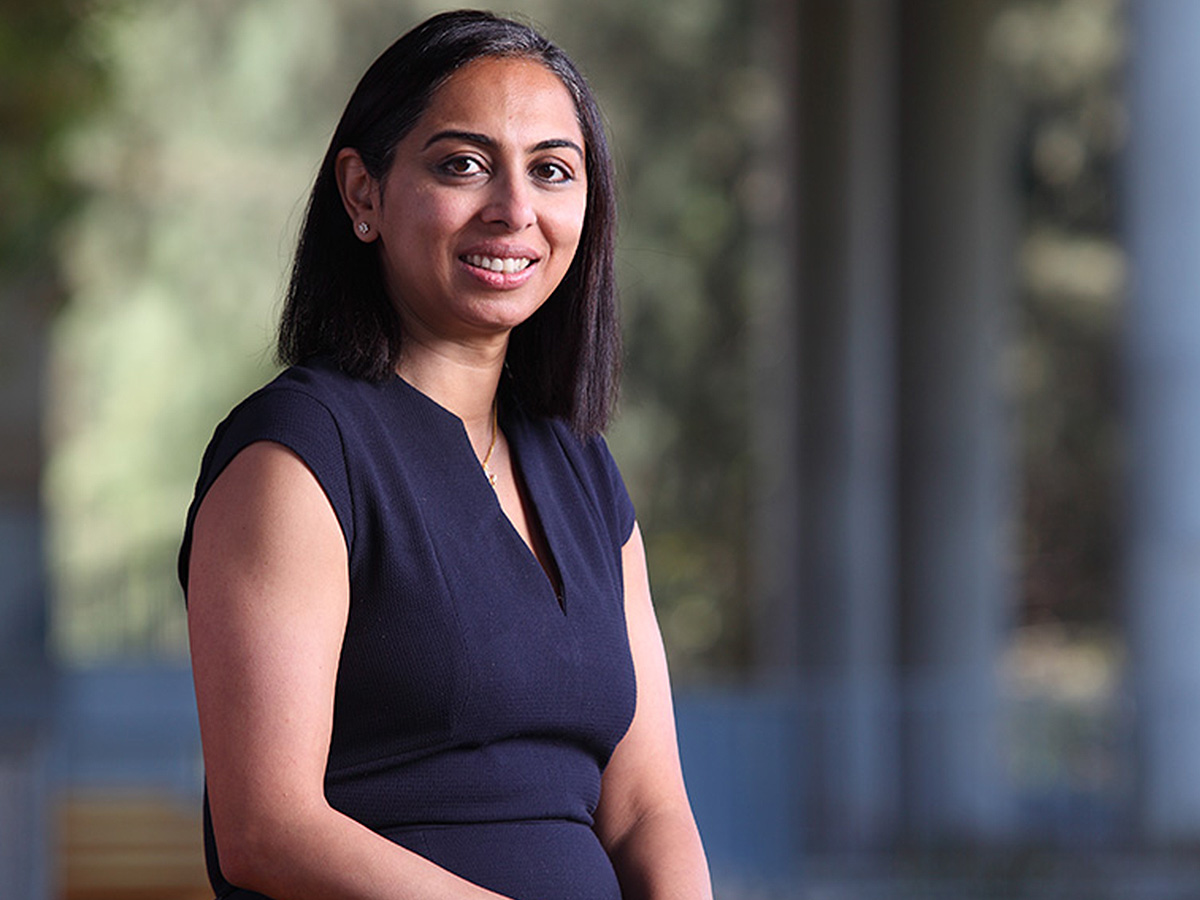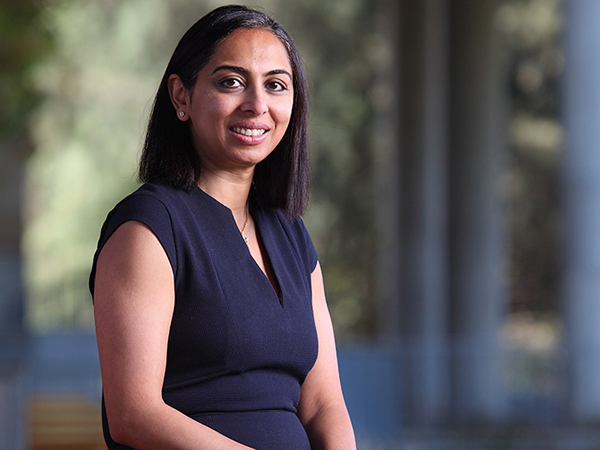The Infosys Prize 2017 in Physical Sciences is awarded to Prof. Yamuna Krishnan for her ground-breaking work in the emerging field of architecture of the building blocks of life—the DNA. By successfully manipulating DNA to create biocompatible nanomachines she has created novel ways of interrogating living systems, increasing our knowledge of cell function and getting one step closer to answering unresolved biomedical questions.
Infographic:
Those Amazing Technicolor Dna Dream Machines
Scope and Impact of Work
Prof. Yamuna Krishnan has carried out ground-breaking work in the emerging field of architecture of the building blocks of life—the DNA. She has pioneered the use of synthetic DNA in developing dynamic DNA nanodevices for functional bio-imaging in vivo; making rigid DNA nanodevices that can deliver bio-imaging components in a cell-specific manner; discovering a new non-Watson-Crick base-paired DNA motif called i-motif; and showing the microRNA cluster folds into a well-defined structure that can act as transporter of specific cargo held within this rigid structure. These structures can then be taken to test their functional impact on either material or biological system, thus bridging material science and biology.
Krishnan was the first to recognize the functionality of the designer DNA and has exploited this finding in making nanodevices that work in living systems. She designed a dynamic DNA nanodevice that functioned as pH-triggered molecular switch enabling measurement of the acidity inside a living cell. This work has been expanded to obtain chemical maps of chloride inside the cell.
The impact of Krishnan’s work is enormous: it ranges from the constructing probes of biological processes in living cells and organisms, use of the functionality of the designer DNA devices in living systems, and development of DNA devices to selectively transport proteins to specific targets. Overall, such technology will improve medicine, biology, and material science.
Bio
Yamuna Krishnan, a Professor of Chemistry at the University of Chicago, is a recognized leader in the field of self-assembled nucleic acid nanostructures. Her research encompasses nucleic acid structure and dynamics, nucleic acid nanotechnology, and cellular and subcellular technologies. She received her B.Sc. (University of Madras), and M.S. and PhD (Indian Institute of Science, Bangalore) in India. She gained a postdoctoral research fellowship from the prestigious Royal Commission for the Exhibition of 1851 at the University of Cambridge, UK.
Krishnan joined the National Centre for Biological Science, Bengaluru, in 2005 as a Fellow and quickly became a Reader and then an Associate Professor before moving in 2014 to Chicago.
Her research went from strength-to-strength, attracting numerous awards including the Innovative Young Biotechnologist Award (2007), the Wellcome-Trust-DBT Alliance Senior Research Award (2010), the YIM-Boston Young Scientist Award (2012), and the Shanti Swarup Bhatnagar Award (2013).
Timeline
Jury Citation
The Infosys Prize in Physical Sciences is awarded to Prof. Yamuna Krishnan for her ground-breaking work in the emerging field of architecture of the building blocks of life- the DNA. Krishnan has pioneered the use of synthetic DNA in developing dynamic DNA nanodevices for functional bio-imaging in vivo; making rigid DNA nanodevices that can deliver bio-imaging components in a cell-specific manner; discovering a new non-Watson-Crick base-paired DNA motif; and showing the microRNA cluster folds into a well-defined structure that can act as a barrier for its own processing.
The impact of her work ranges from constructing probes of biological processes in living cells and organisms, use of the functionality of the designer DNA devices in living systems, and development of DNA devices to transporting proteins to select target.
“I congratulate you winning the 2017 Infosys Prize. The prize recognizes your groundbreaking work in the architecture of the building blocks of life--the DNA. Your development of DNA nanodevices is expected to have large impact in biology such as constructing probes of processes in living cells. In medicine, your devices will make it possible to transport proteins to selected targets. Congratulations again Professor Yamuna Krishnan.”




